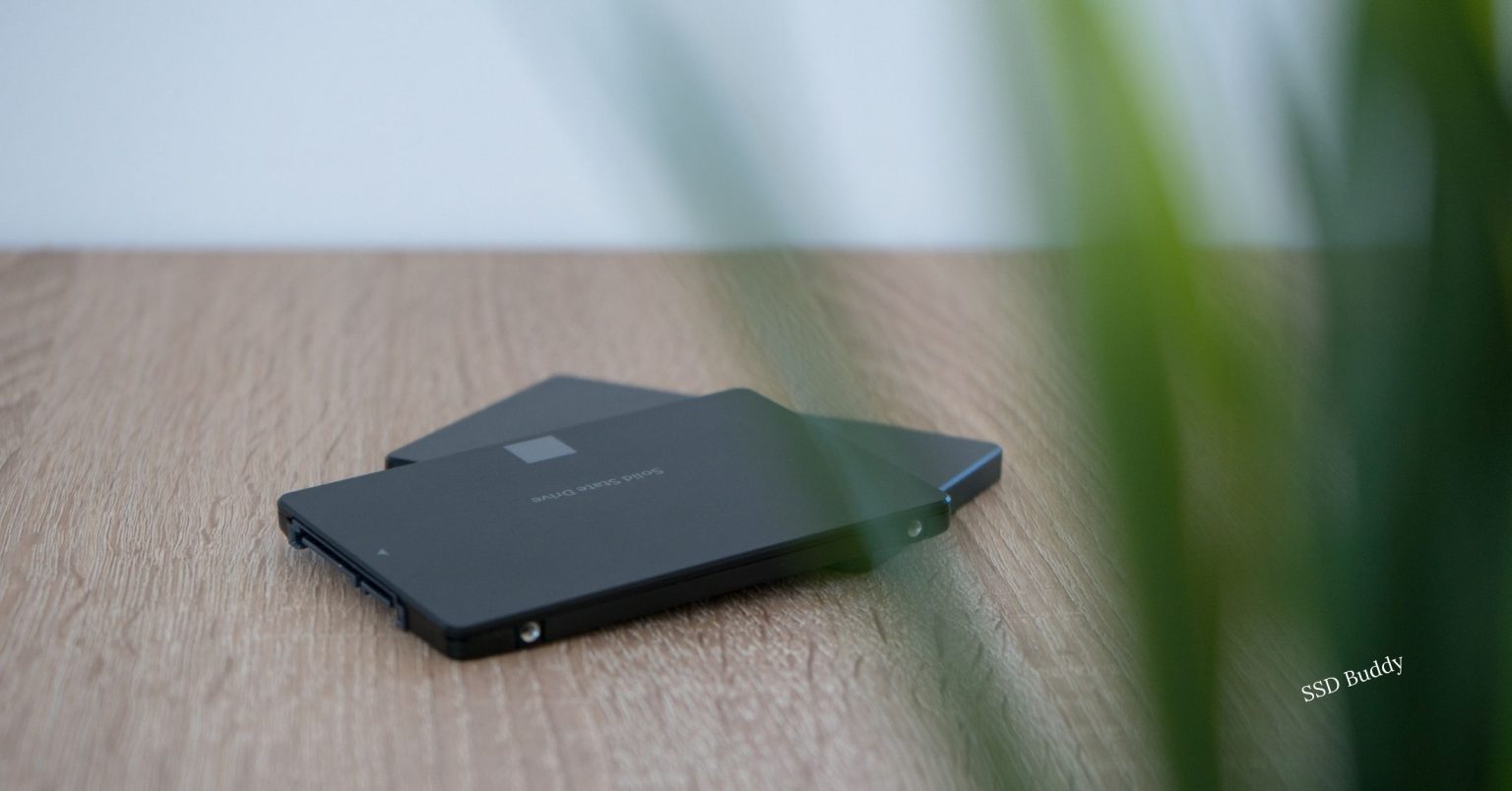As technology advances, the need for storage solutions has become more important. One such solution is Solid State Drives (SSDs), which have become increasingly popular due to their faster read/write speeds and lower power consumption compared to Hard Disk Drives (HDDs). However, the impact of SSDs on the environment is a topic of concern. This article explores the environmental impact of SSDs and offers insight into how this technology can be made more sustainable.
Introduction
The introduction section provides a brief overview of the topic and sets the stage for the rest of the article. Here, we will discuss the purpose of the article and provide some background information on SSDs and their environmental impact.
What are SSDs?
SSDs are a type of storage device that uses NAND flash memory to store data. They have no moving parts, unlike HDDs, which use spinning disks to read and write data.
The Environmental Impact of SSDs
The environmental impact of SSDs can be attributed to their production, use, and disposal. The production of SSDs requires the extraction of raw materials, such as silicon and rare earth metals, which can be damaging to the environment. The use of SSDs consumes less energy than HDDs, but the disposal of SSDs can also have environmental consequences.
The Production of SSDs
This section will discuss the environmental impact of SSD production and the steps that can be taken to minimize this impact.
The Extraction of Raw Materials
The production of SSDs requires the extraction of raw materials, which can have a negative impact on the environment. Silicon, one of the primary materials used in SSD production, is obtained through mining, which can lead to soil erosion, water pollution, and the destruction of wildlife habitats. Additionally, rare earth metals used in SSD production, such as neodymium, dysprosium, and praseodymium, are also obtained through mining and can have similar environmental impacts.
Recycling and Sustainable Production
To reduce the environmental impact of SSD production, companies can adopt sustainable practices, such as using recycled materials in their products and reducing their reliance on rare earth metals. Additionally, companies can implement environmentally-friendly production practices, such as reducing energy consumption during the production process.
The Use of SSDs
This section will explore the environmental impact of using SSDs compared to HDDs and the benefits of using SSDs.
Energy Consumption
One of the key benefits of using SSDs is their lower energy consumption compared to HDDs. SSDs consume less power because they have no moving parts, which means they require less energy to operate.
Extended Lifespan
Another benefit of SSDs is their extended lifespan. SSDs are less likely to fail due to physical damage since they have no moving parts. This means that they can last longer than HDDs, reducing the need for replacements.
E-waste
While SSDs have a longer lifespan than HDDs, they still contribute to the growing issue of e-waste. When SSDs reach the end of their lifespan, they must be disposed of, and this can have a negative impact on the environment if not done properly.
The Disposal of SSDs
This section will discuss the environmental impact of disposing of SSDs and the steps that can be taken to minimize this impact.
Recycling
Recycling SSDs can help to minimize the environmental impact of their disposal. By recycling the materials used in SSD production, companies can reduce the need for new raw materials and reduce the amount of waste produced.
Proper Disposal
Proper disposal of SSDs is crucial to minimizing their environmental impact. SSDs contain toxic materials, such as lead, which can contaminate the soil and water if not disposed of properly. Recycling companies can ensure that SSDs

Proper disposal of SSDs is crucial to minimizing their environmental impact. SSDs contain toxic materials, such as lead, which can contaminate the soil and water if not disposed of properly. Recycling companies can ensure that SSDs are disposed of in an environmentally friendly manner by separating the toxic materials and recycling the usable parts. Additionally, consumers can donate or sell their old SSDs to second-hand markets or e-waste recycling centers instead of throwing them away.
Conclusion:
SSDs are a promising technology that offer significant benefits over traditional hard disk drives. However, they also have a significant environmental impact that needs to be addressed. By implementing measures such as reducing unnecessary data writes, extending the lifespan of SSDs, and proper disposal, we can minimize their environmental impact and ensure that we are using this technology responsibly. As individuals and organizations, we have a responsibility to take actions that will protect our planet and leave a healthy and sustainable world for future generations. By taking steps to reduce our impact on the environment, we can all play a role in creating a better world.
FAQ:
- How long do SSDs last? SSDs have a limited lifespan based on the number of writes they can perform. This lifespan can vary depending on factors such as the type of SSD and the workload it is subjected to. However, most SSDs are designed to last several years with normal use.
- Can SSDs be recycled? Yes, SSDs can be recycled. Recycling companies can separate the toxic materials and recycle the usable parts, reducing the environmental impact of these devices.
- How much energy do SSDs consume compared to HDDs? SSDs typically consume less energy than HDDs, making them a more energy-efficient option. This can result in cost savings and reduced carbon emissions over time.
- Are there any drawbacks to using SSDs? One potential drawback of using SSDs is that they can be more expensive than traditional hard disk drives. Additionally, some SSDs may have limited storage capacity compared to HDDs.
- Can SSDs be used in all types of devices? SSDs can be used in a wide range of devices, including laptops, desktops, and even servers. However, it is important to ensure that the SSD is compatible with the device before installing it.
